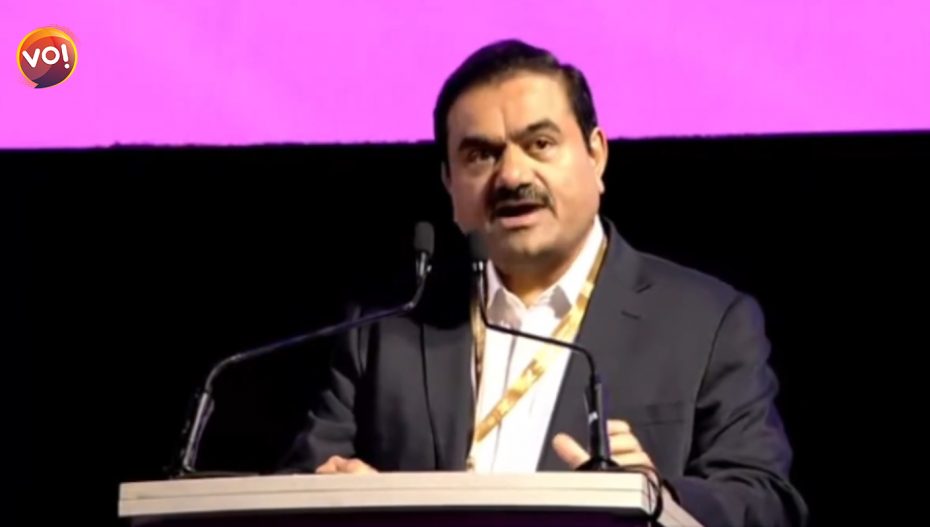In recent times, Asia’s richest man, Gautam Adani, has shown a keenness to straddle worlds that value environmental consideration. Last year, he had publicly spoken about the need to accelerate ESG (Environmental, Social and Corporate) transformation. Upholding this vision, Adani intends to invest in renewable power plants in the north of Sri Lanka. Ironically, the $70 billion move toward green energy in the teardrop island, which otherwise deserves applause, has placed him in the middle of an international political conflict.
According to a certain section of the media, multiple Indian and Sri Lankan officials perceive that Adani’s investments are the means to further Prime Minister Narendra Modi’s objectives to have a strong presence in Sri Lanka and launch a counter-offensive against China.
Adani’s perceived closeness to the Modi administration has fuelled suggestions that this strategic alliance could be India’s counter to China whose Belt and Road infrastructure drive is intended to strengthen Beijing’s influence on the global stage. That Adani even criticised China at a conference in Singapore – he said China’s Belt and Road drive had been facing resistance – gives grist to the mill of analysis that the energy project has India’s interests at heart. In any case, Adani’s investments in Israel and Sri Lanka compete with China’s state-owned companies.
China’s Belt and Road Initiative has pumped astronomical amounts into South Asia, but Sri Lanka’s plunging economy, along with food, medicine, fuel, and power shortages, give India a chance to benefit from a strategic collaboration with its neighbour.
Soon after it was reported Adani signed the northern power agreements, the chief executive of Sri Lanka’s Samagi Jana Balawegaya party, Ajith Perera, called the move a back door entry into the country’s energy industry. He said on social media that Rajapaksa’s administration was pampering Modi’s “notorious friends.”
Meanwhile, Katharine Adeney, a professor and expert on South Asian politics at the University of Nottingham, said that India was worried about China’s access to the Indian Ocean and being encircled by Chinese-friendly regimes in Pakistan, Sri Lanka, and Bangladesh.
Also Read: From USD 16 Billion To Zero In A Week













